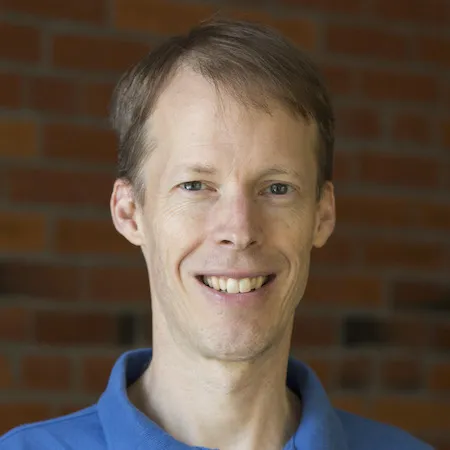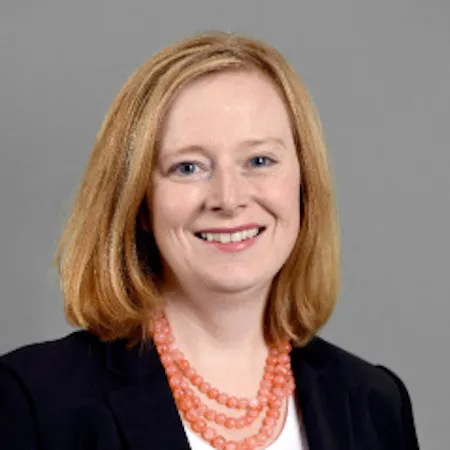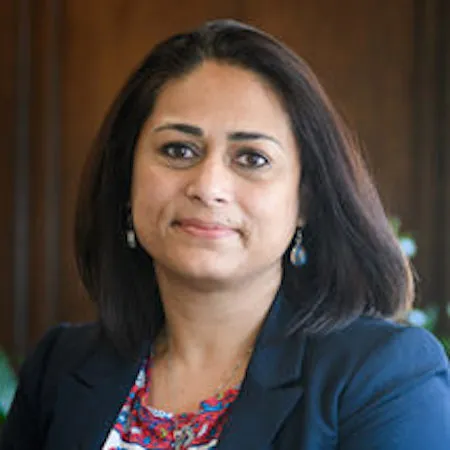This is a closed workshop designed for SESYNC Postdoctoral Fellows.
The Immersion Program centers around a series of collaborative workshops led by Immersion Distinguished Scholars. These workshops are designed to immerse participants in theories and methods foundational to understanding current environmental challenges and their underlying socio-environmental systems.
Presenters

Tom Koontz
Dr. Tom Koontz completed his graduate work at Indiana University, with an MPA in Environment and Natural Resources, followed by a PhD in Public Policy (advised by Elinor Ostrom). His interdisciplinary graduate studies focused on environmental policy as it relates to human systems including institutions, stakeholder participation and community-based natural resource management, as well as natural systems such as forests, watersheds and the global climate. As a research assistant with the International Forestry Resources and Institutions program, he collaborated with international scholars...

Tom Koontz
Dr. Tom Koontz completed his graduate work at Indiana University, with an MPA in Environment and Natural Resources, followed by a PhD in Public Policy (advised by Elinor Ostrom). His interdisciplinary graduate studies focused on environmental policy as it relates to human systems including institutions, stakeholder participation and community-based natural resource management, as well as natural systems such as forests, watersheds and the global climate. As a research assistant with the International Forestry Resources and Institutions program, he collaborated with international scholars examining the ecological and sociopolitical aspects of community-based natural resource management and coupled human and natural systems. He is a faculty member\at the University of Washington Tacoma in the School of Interdisciplinary Arts and Sciences. There, he has developed a new research program centering on the use of science in collaborative watershed efforts in the Puget Sound.

Abigail York
Fascinated by the ways that people come together to collectively govern resources, Dr. AbigailYork investigates how, when, why, and who is able to manage neighborhoods, cities, forests, water resources, biodiversity hotspots, and agricultural lands sustainably. By focusing on diverse research sites in the present, historic, and ancient contexts within the United States and around the world, she is able to better understand generalizable principles for governance. Funded by the National Science Foundation and the National Oceanic and Atmospheric Administration, Abigail has examined urbanization...

Abigail York
Fascinated by the ways that people come together to collectively govern resources, Dr. AbigailYork investigates how, when, why, and who is able to manage neighborhoods, cities, forests, water resources, biodiversity hotspots, and agricultural lands sustainably. By focusing on diverse research sites in the present, historic, and ancient contexts within the United States and around the world, she is able to better understand generalizable principles for governance. Funded by the National Science Foundation and the National Oceanic and Atmospheric Administration, Abigail has examined urbanization in the southwest United States, collaborative environmental governance, land use policy adoption, community forestry in Nepal, premodern cities’ public service provisioning throughout the world, land use and environmental injustice in Phoenix, water policy and agricultural livelihoods and transitions in Arizona, and the ability of communities to leverage fracking revenue for more sustainable futures in Appalachia. She deploys diverse methods including econometrics, social network analysis, spatial analysis, surveys, content analysis, and fieldwork; results from this work are integrated into decision-making models, agent-based models, and scenarios.

Rinku Roy Chowdhury
Dr. Rinku Roy Chowdhury completed her bachelor's degree in Computer Science and Environmental Science at Wellesley College, a master's degree in Conservation Ecology and Sustainable Development at the University of Georgia, and a PhD in Geography at Clark University. Before returning to Clark in 2015, she taught geography at Indiana University at Bloomington and co-directed the Anthropological Center for Training and Research on Global Environmental Change (ACT). Prior to that, she was a faculty member in the University of Miami’s Department of Geography and International Studies and the Abess...

Rinku Roy Chowdhury
Dr. Rinku Roy Chowdhury completed her bachelor's degree in Computer Science and Environmental Science at Wellesley College, a master's degree in Conservation Ecology and Sustainable Development at the University of Georgia, and a PhD in Geography at Clark University. Before returning to Clark in 2015, she taught geography at Indiana University at Bloomington and co-directed the Anthropological Center for Training and Research on Global Environmental Change (ACT). Prior to that, she was a faculty member in the University of Miami’s Department of Geography and International Studies and the Abess Center for Ecosystem Science and Policy.